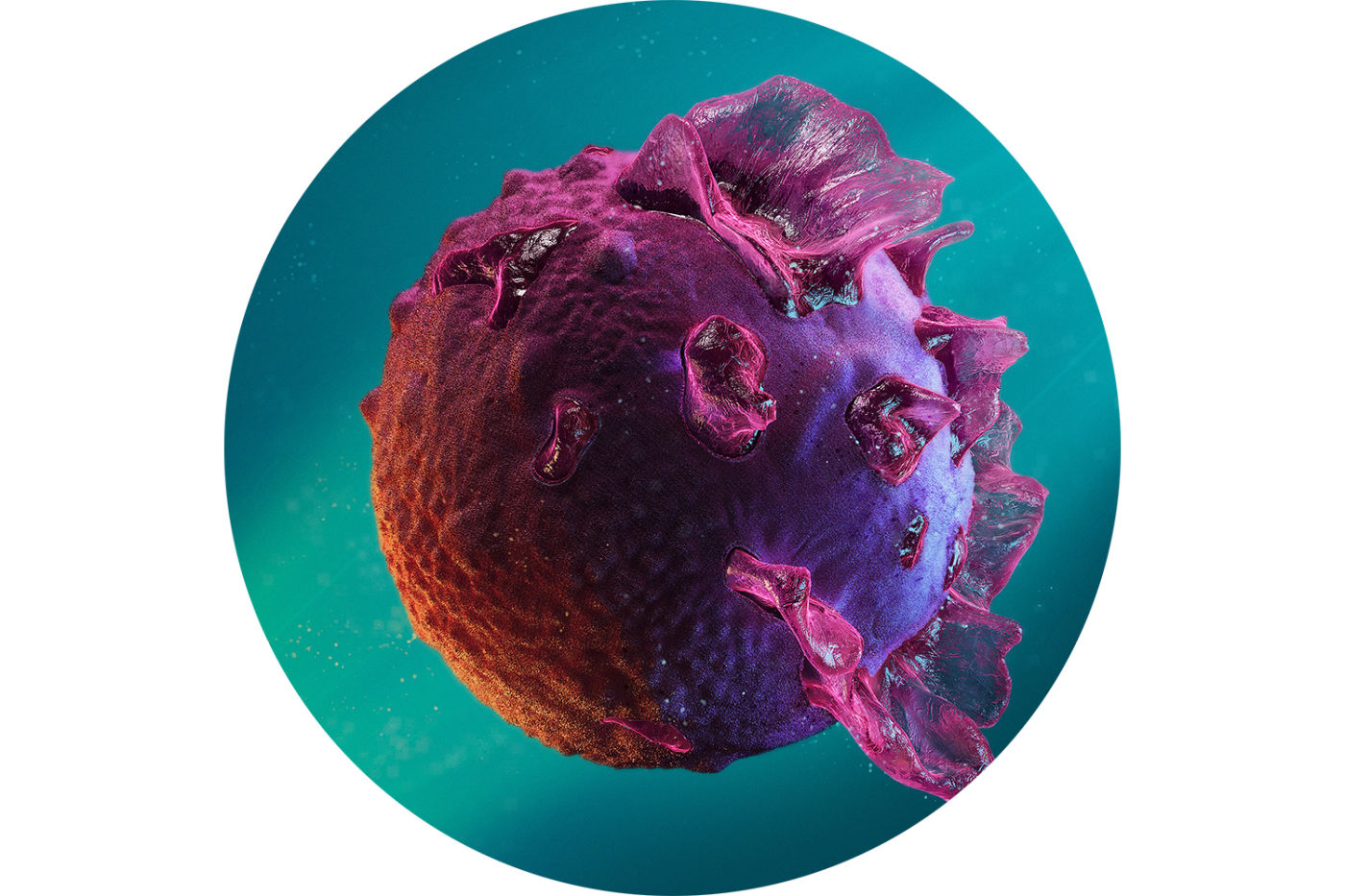
(RIF. DNA 02)
Isolated in 1964 by two British virologists, Anthony Epstein and Yvonne Barr, EBV is responsible for infectious mononucleosis (the “kissing disease", very common among teenagers) but is also associated with certain cancers, particularly lymphomas.
Infectious mononucleosis is a disease caused by the Epstein-Barr virus (EBV), belonging to the herpesvirus family. The infection is quite common and over 90% of the world's population comes into contact with the virus in the first years of life, during adolescence or in adulthood.
In industrialized countries, due to the best general hygienic conditions, the infection is more frequent in young people between 15 and 30 years of age and less common in children. In developing countries, however, the infection frequently affects children in pediatric age, even if it is often not diagnosed because it is accompanied by mild or confoundable disorders with other common infections in childhood. The evolution (course) of the infection is generally slow with non-specific disorders (symptoms) such as sore throat, fever and widespread swelling of the lymph nodes (lymphadenopathy).
Symptoms can persist for a few weeks to a few months. Generally, the infection heals without particular consequences but, in some more serious, however less common circumstances, the spleen can rupture, complications can occur in the liver or nervous system.